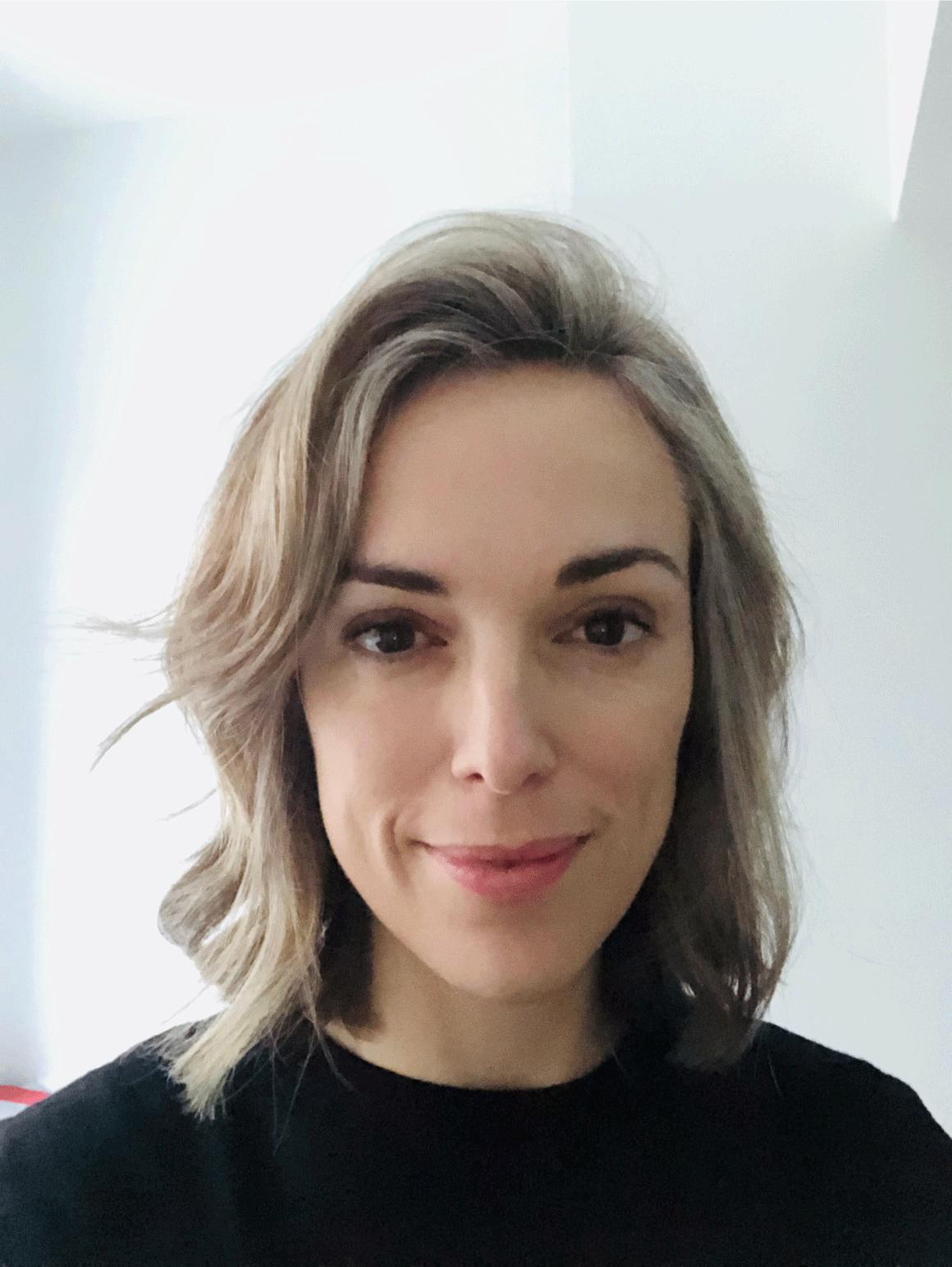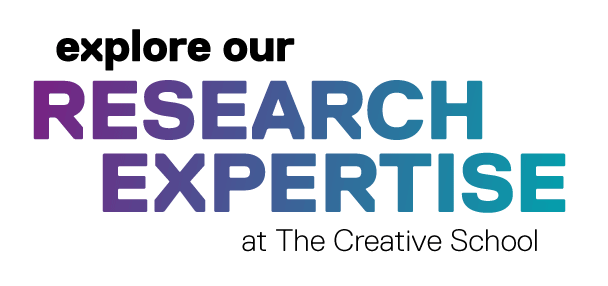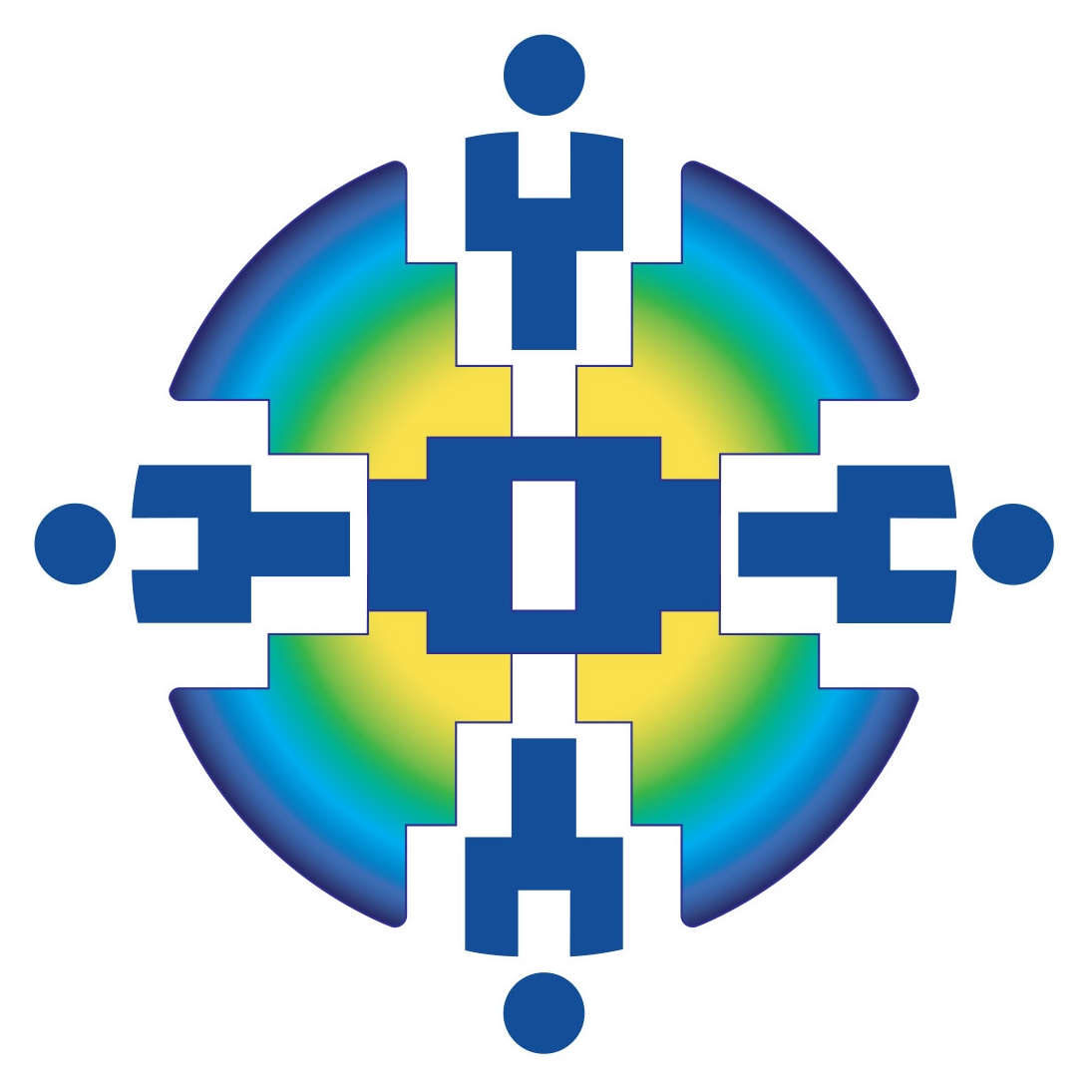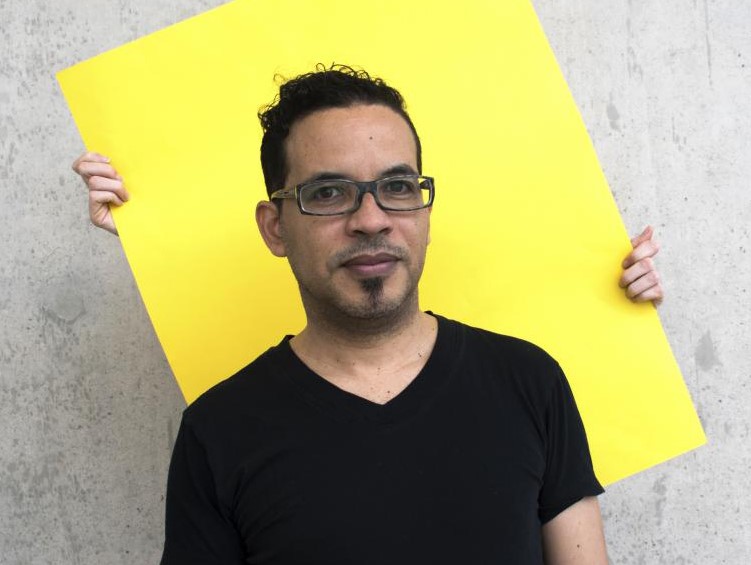Research & Innovation
The Creative School is an international leader in practice-based research, creative scholarship, and design thinking, grounded in a meaningful commitment to equity, diversity, and inclusion. Embracing a transdisciplinary approach, we leverage our broad range of research expertise to partner with academic institutions, community organizations, and industry leaders to create global solutions for real world change. The scope of scholarly, research, and creative activities in The Creative School is far-reaching: its faculty and graduate students investigate field-defining research questions in a variety of modalities from publications, reports, and policy documents; films, television programs, story design, and new media production; to designs, performances, exhibits, and installations.

"The Creative School is renowned for its distinctive and vibrant culture of scholarly research, and creative (SRC) activities. Its nine schools and eighteen research centres make up a dynamic SRC ecosystem in which faculty and students work closely with community and industry partners to engage in path-breaking initiatives dedicated to real-world transformation."
— Natalie Álvarez, Associate Dean, Scholarly, Research, and Creative Activities

 Explore our research expertise at The Creative School
Explore our research expertise at The Creative School

Media & Communication Innovation
Experiential Media
Audience Engagement
Indigenous Creativity
Social Change
Creative Data
Live Entertainment
Saagajiwe — Championing Indigenous Knowledges
Saagajiwe is The Creative School’s home for participation, action, and research in Indigenous creative practice.
Named after the Anishinaabec word for "the emerging light of dawn", Saagajiwe was founded in 2017 with the mission of facilitating Indigenous creativity, thought, and culture. Saagajiwe supports Indigenous creative expression, curriculum development, the preservation of Indigenous language, and the creation of safe spaces on campus.
In 2022, Saagajiwe launched SIKOSE, an open source Indigenous knowledges encyclopedia. SIKOSE is a robust collection of audio, visual, textual, graphic, performance, and experiential learning resources focusing on Indigenous Studies. SIKOSE supports a collaborative network committed to the continued development and collection of resources for Indigenous learning, teaching and research.

Saagijwe’s totem depicts four human figures facing the One Dish icon in the centre. It is a visual representation of the "One Dish" treaty — a pre-colonial agreement made between the Huron and Five Nations Indigenous people. The Original Peoples promised to coexist peacefully and stay committed to upholding their treaty relationship. The dish symbolizes shared territory while taking care not to harm each other with sharp words or deeds.
Dimensions Pilot Program
Henry Navarro Delgado (opens in new window)
Dimensions Faculty Lead, The Creative School
The Dimensions Program (opens in new window) is a university-wide initiative aimed to create transformational change within the research ecosystems of post-secondary institutions by identifying and eliminating obstacles and inequities.
Supported by all three federal research granting agencies, the Dimensions Program seeks to improve equitable access to funding opportunities, increase equitable and inclusive participation, and embed EDIA-related considerations into research design and practices.
The Creative School's Dimensions Faculty Chair is Henry Navarro Delgado (he/him/él) an interdisciplinary designer, artist, activist, and scholar investigating the convergences of fashion, visual culture and social justice through theory and practice-based research. His participatory creative practice engages Black, Indigenous, racialized, rural, and other underrepresented communities with art, media making, design, and entrepreneurship on their own terms. Navarro Delgado’s scholarly publications examine fashion, popular culture, and apparel sizing in relation to gender, and social and cultural identity, through a decolonial lens. He also serves in several professional and academic organizations by capitalizing on actionable EDIA principles and practices. In 2022, he guest-edited ‘Black Masculinities, Dress & Style as Gendered, Racialized Experiences’, a special issue of the Critical Studies in Men’s Fashion journal. Henry's interest in the Dimensions Program is based on his personal alignment with its mission of recognizing that the multiplicity of perspectives, experiences and complexity of diverse individuals foster research excellence, innovation and creativity within the postsecondary sector. His own lived experience and professional trajectory are based on a multidimensional approach to equity, diversity, and inclusion to achieve communities where we all can thrive.

